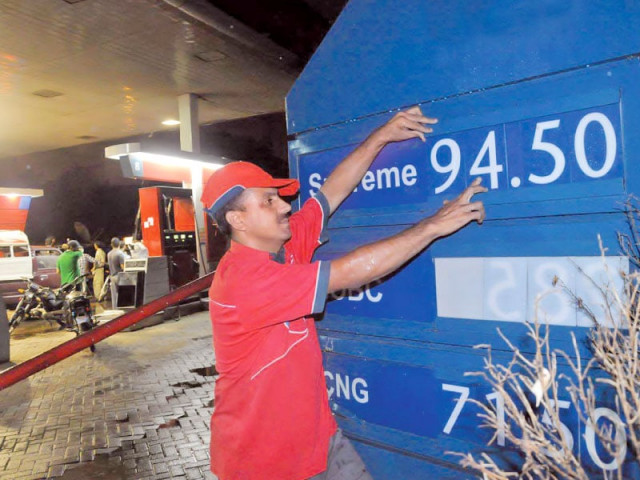Oil, politics and prices
In the short term, drop in prices may give some relief, though it will not be enough to alleviate pains of the people

In the short term, the drop in prices may give some relief, although even this will not be enough to alleviate the pains of a weary population. What we really needed was a range of economic reforms — reforms that the current dispensation has steadfastly avoided thus far, in particular, any meaningful reform of the taxation system. The government is heavily dependent on borrowing, often from itself in the form of the State Bank of Pakistan, and a disproportionate slice of the GDP goes towards debt servicing. The reduction may also be something of a shot in the foot as the government is likely to lose Rs1.5 billion in revenues in November alone. True, petroleum sales are going to rise, but whether the benefits are going to trickle down in the form of lower transport costs generally, or lower fares on all forms of passenger transport specifically, remains to be seen. Much of our electricity is generated by burning oil, and it will be at the very least interesting to see if lower oil prices mean lower bills. Cheap petrol is not the answer — but painful reform is.
Published in The Express Tribune, November 2nd, 2014.
Like Opinion & Editorial on Facebook, follow @ETOpEd on Twitter to receive all updates on all our daily pieces.














COMMENTS
Comments are moderated and generally will be posted if they are on-topic and not abusive.
For more information, please see our Comments FAQ